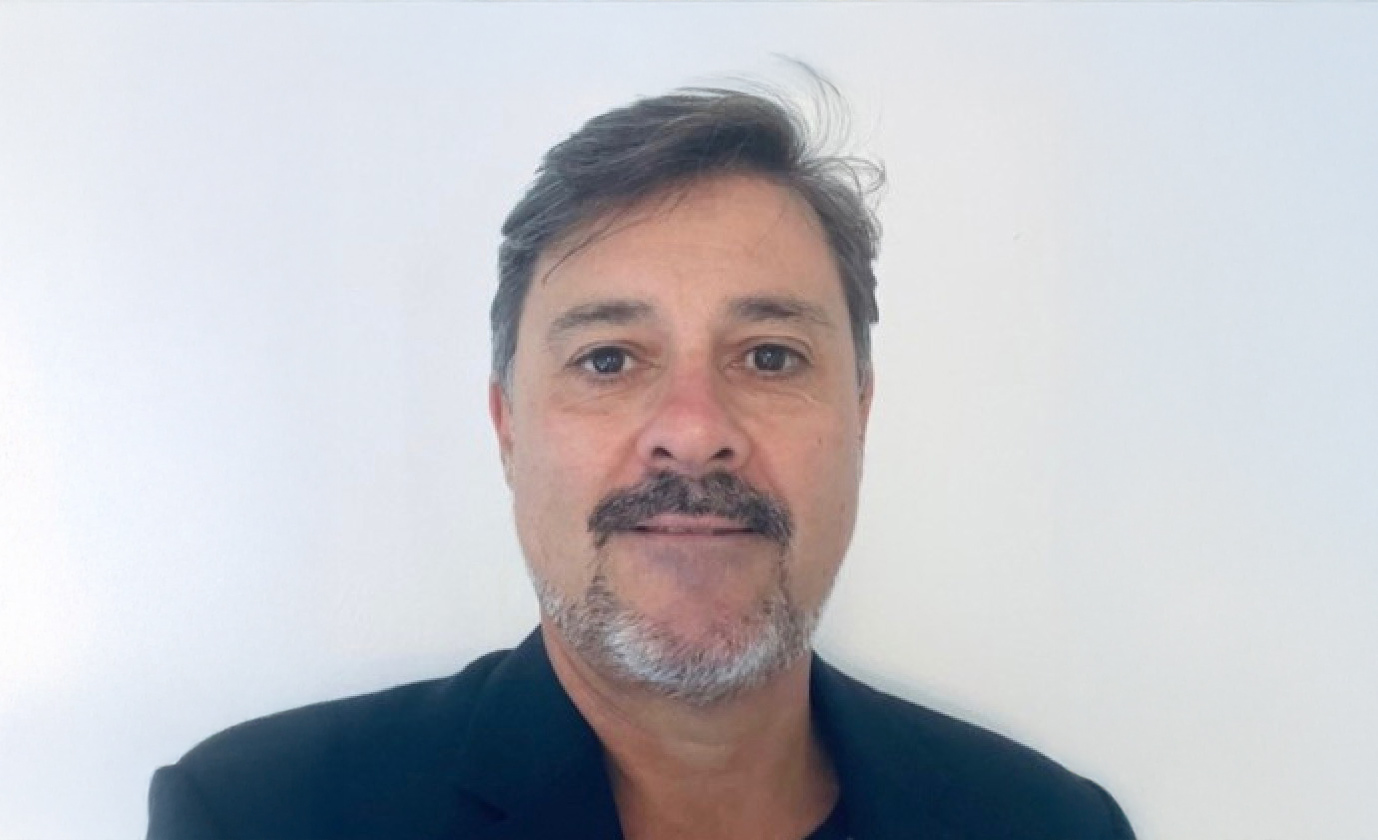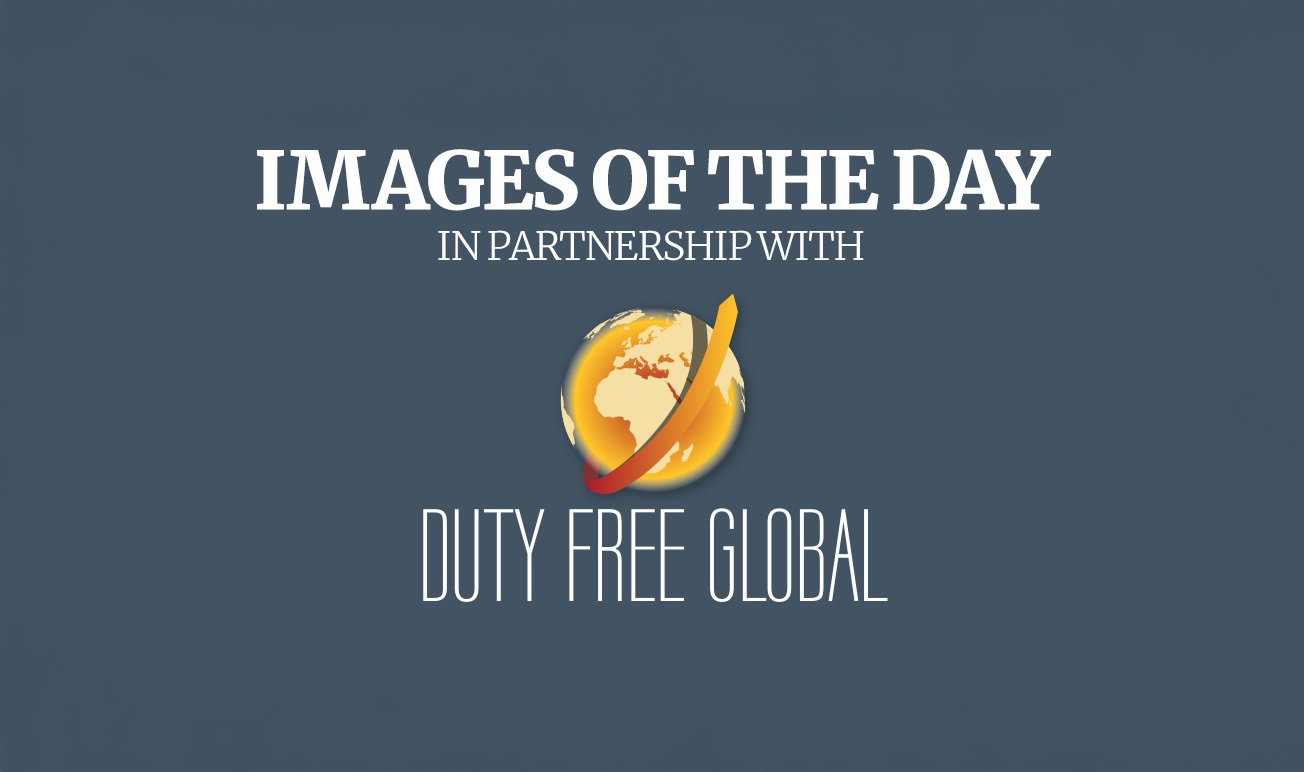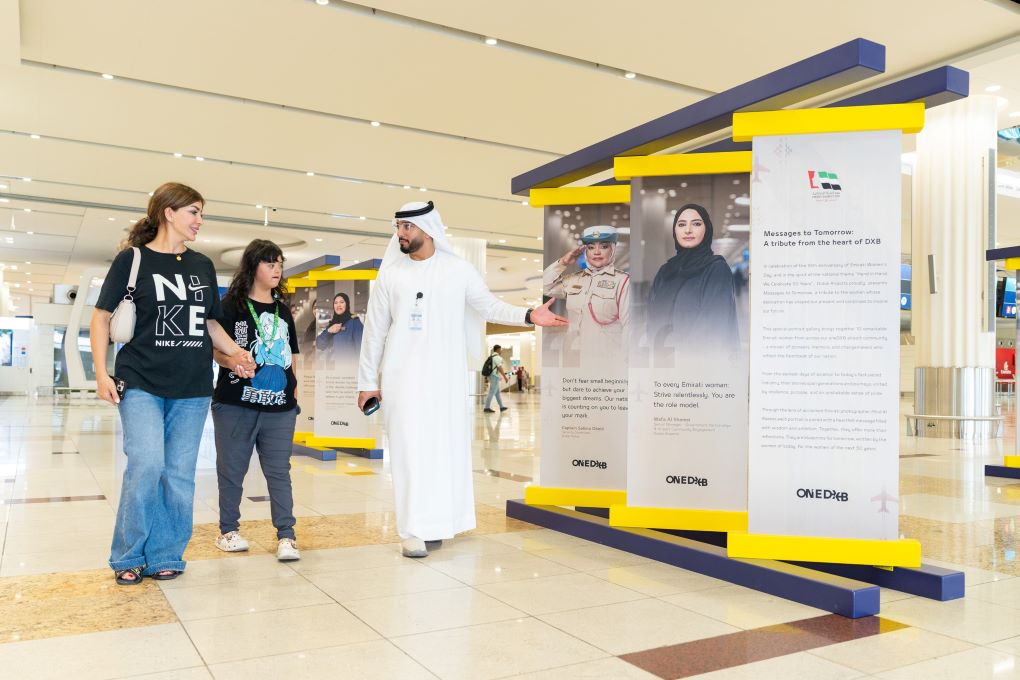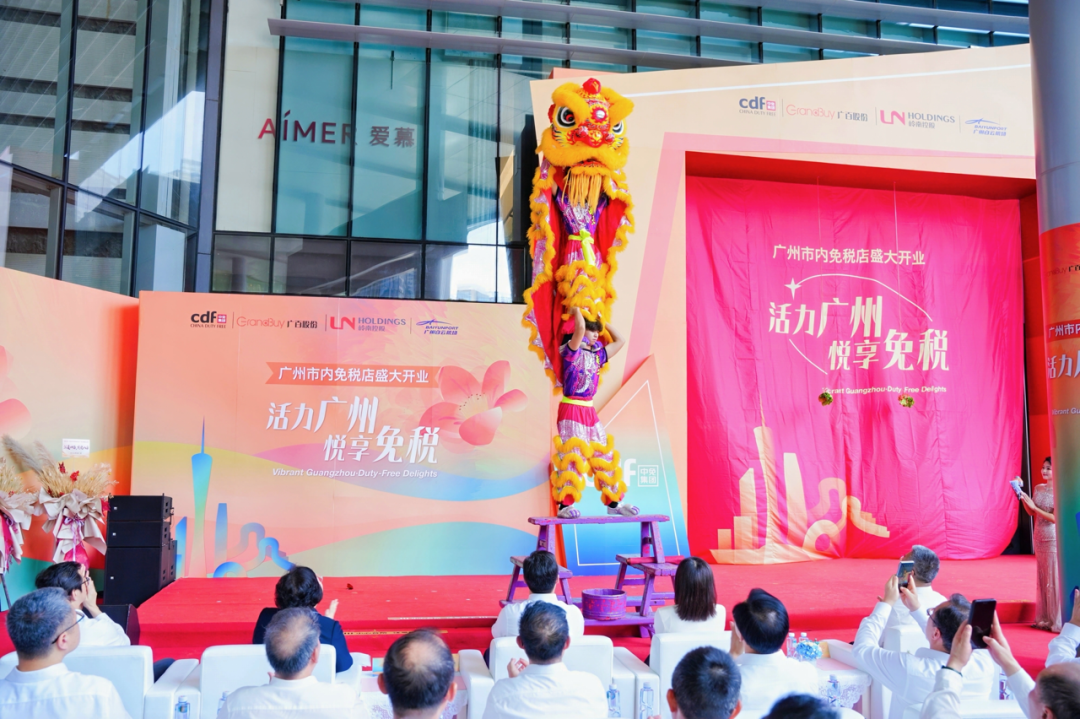INTERNATIONAL. Brian Mullaney, the founder of the world’s leading cleft charity The Smile Train – the subject of a concerted travel retail industry fund-raising effort in 2007 and 2008 – was the subject of a major profile in The New York Times recently (click here to download the full article).
The Smile Train was the subject of an industry charity dinner in Hong Kong last October hosted by The Moodie Report and Hugo Boss, which generated almost US$350,000, enough to fund life-changing operations for 1,400 children in developing countries.
 |
The Smile Train Co-Founder Brian Mullaney: “Cleft deformities “are not a medical problem; they’re an economic problem” |
This year the campaign – called Travel Retail Smiles (pictured) – has continued at differing levels within the industry. A number of companies or organisations including The Patrón Spirits Company (which raised an amazing US$100,000 at its recent golf tournament), Bacardi Global Brands, Flight Centre (The Moodie Report’s overworked travel agent), TRT, JAKK and the Airline Retail Conference (to be held next month) have given generously this year.
Bacardi is donating a significant part of the proceeds from sales of the five US$250,000 decanters of ultra-luxury project Bombay Sapphire Revelation to The Smile Train. And the world’s leading luxury travel retailer DFS Group is currently putting the finishing touches to an unprecedented cross-category, cross-regional campaign involving its major brand partners, in which funds raised from promotions, special packagings and other initiatives will go to the cleft charity.
The Moodie Report has made The Smile Train its official charity and will be donating a significant percentage of annual profits to the cause. Another industry fund-raising dinner will be held in Asia in 2009.
The New York Times article refers to Brian Mullaney’s “˜epiphany’, which occurred in 1994 in Vietnam when he was travelling as a board member with Operation Smile, a charity that performs cleft-repair surgery on children around the world, flying international doctors in to conduct the work.
“On every mission, 500 or 600 children would show up begging for treatment,” Mullaney told the newspaper, “but we could only help 150.”
In a small Vietnamese village near the Chinese border, Mullaney and his colleagues played soccer every day with a young boy with a cleft lip. They nicknamed him “˜Soccer Boy’.
The New York Times wrote: “When the mission was over and Mullaney and the others drove away, he saw Soccer Boy chasing after the group’s bus, his cleft lip still unrepaired. “˜We were in shock – how could he not have been helped?’ That’s when Mullaney realized that charities like Operation Smile were badly in need of a new business model – or any business model at all, really – and he set out to invent one.”
The incident made him realize that cleft deformities “are not a medical problem; they’re an economic problem”. The article notes: “As a philanthropist, offering surgery to only a fraction of the children who needed it made him heartsick. As a businessman – at the time, he ran an advertising agency – it made him cringe. “˜What store turns away 80% of its customers?’ he asked.”
At that moment The Smile Train was born in Mullaney’s mind. He decided to create an organisation where money was used to train and equip local doctors to perform cleft surgery, reckoning that this approach would not only ensure retained knowledge and improved expertise in the local medical communities but that the cost per surgery would drop by at least -75 %. Mullaney got out of the advertising business and became The Smile Train’s co-founder and President.
The newspaper article, written by Stephen J. Dubner and Steven D. Levitt, authors of the best-seller “˜Freakonomics’, notes approvingly: “The Smile Train works as a charity because it is run like a business. Fixing a child’s cleft lip or palate is a relatively cheap procedure with outsize payoffs: cleft children in many countries are ostracized and have a hard time going to school, getting jobs and marrying, and the surgery reverses those disadvantages.
DFS climbs onboard The Smile Train Click the Podcast icon to listen to details of DFS Group’s announcement about The Smile Train campaign To download: right click on the Podcast icon and select ‘Save Target As’ option Click here for more information, instructions and previous Podcasts |
“Indeed, when pitching a reluctant government, Mullaney refers to cleft children as “˜non-performing assets’ who can soon be returned to the economic mainstream. He fights bad incentives with better ones: when The Smile Train learned that midwives in Chennai, India, were being paid off to smother baby girls born with cleft deformities, Mullaney started offering midwives as much as US$10 for each girl they instead took to a hospital for surgery.”
The article notes how The Smile Train has harnessed technology to create efficiencies in every aspect of its business – from fund-raising to charting patients’ outcomes. “It developed surgery-training software that helps educate doctors around the world. There are high-tech quality-control measures: using digital imaging, a Texas cleft expert grades a random sample of operations performed by The Smile Train doctors around the world, in order to know which surgeons in, say, Uganda or China need more training.”
The report concludes: “These are the sort of innovations that likely make The Smile Train one of the most productive charities, dollar for deed, in the world. Over the last eight years, The Smile Train has performed more than 280,000 cleft surgeries in 74 of the world’s poorest countries, raising some US$84 million last year while employing a worldwide staff of just 30 people.”
Mullaney told the newspaper that The Smile Train is close to reaching a historic “break-even point” – i.e. it will perform more operations each year than the number of children born in the same year in developing countries with cleft deformities. Effectively The Smile Train is attempting to clear the backlog and put itself out of business. “That,” Mullaney concluded, “would be a dream.”
The Trinity Forum organisers donate US$10,000 to The Smile Train China
In related news, Airports Council International (ACI) and The Moodie Report, co-hosts of the 2008 ACI Airport Business & Trinity Forum (“˜The Trinity Forum’) are delighted to announce that they will be presenting a donation of US$10,000 to the China unit of international cleft charity The Smile Train. The amount donated will fund life-changing operations for 40 children.
The organisers had pledged earlier to make a substantial donation to The Smile Train. They chose the much respected China arm of The Smile Train, as this year’s event was held in Shanghai.
In a joint statement, ACI and The Moodie Report said: “We think it important to give back to society, especially in countries such as China that have proved such warm and hospitable hosts. The 2008 Trinity Forum was the most successful yet and we are delighted to invest a significant amount of the support we had from the travel retail industry in such a great cause.”
Dates and location for next year’s Trinity Forum – now well established as the world’s leading airport commercial revenues conference – will be announced soon. Broad timing is expected to be late February or early March.
MORE STORIES ON THE SMILE TRAIN
Patrón Tequila raises US$100,000 for The Smile Train at charity golf tournament – 27/05/08
DFS Group partners with The Smile Train and The Moodie Report in major charitable drive – 04/03/08
The Smile Train campaign raises US$346,000 as “˜Travel Retail Smiles’ is launched – 21/12/07
[comments]
Your post will appear – once approved – in The Moodie Forum on our home page






